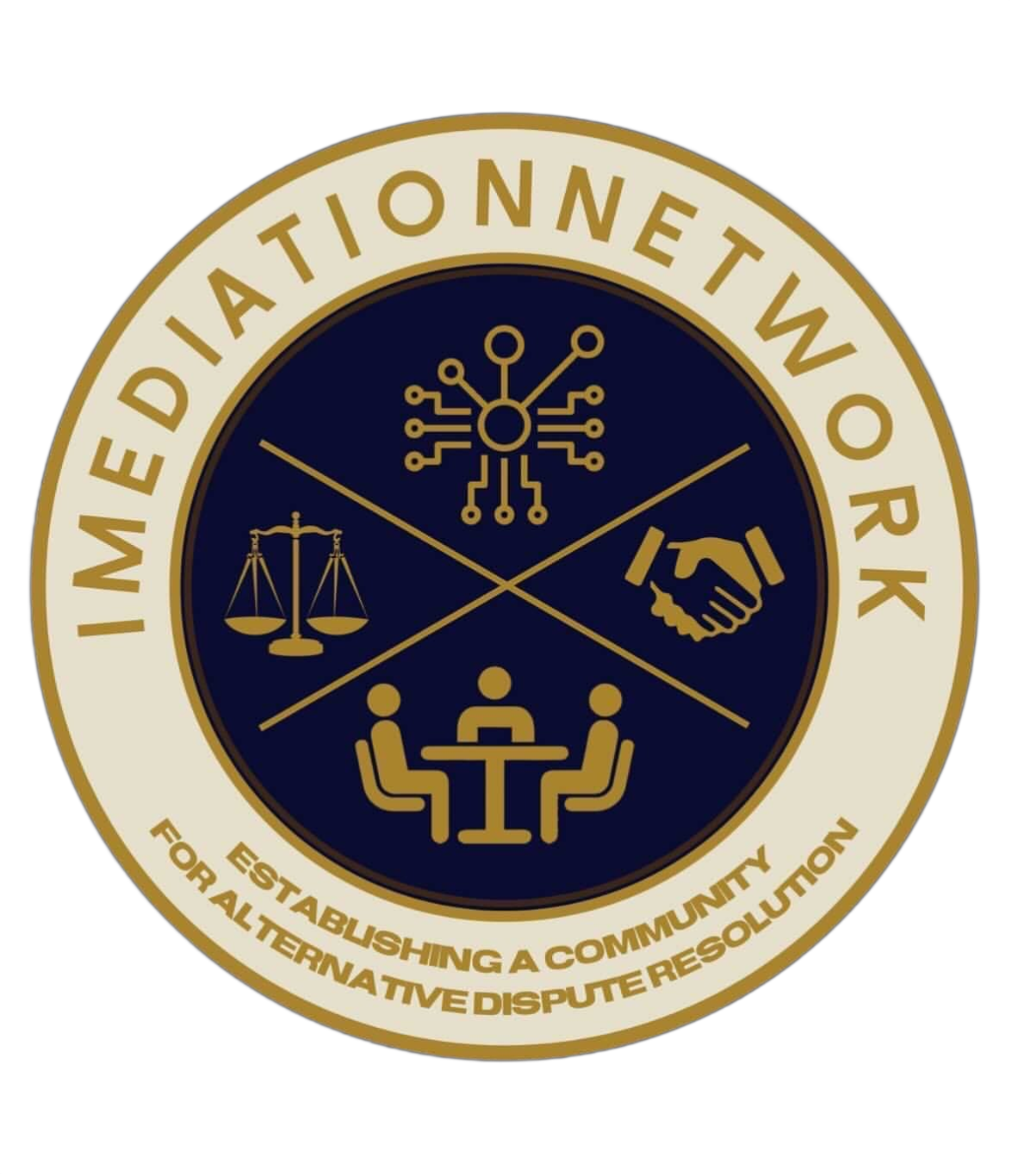
Workplace Mediation : Boeing Workers Vote to Reject Wage Deal and Continue Strike
Boeing workers on the West Coast of the United States have voted to reject the aircraft giant’s latest contract offer and extend their nearly six-week strike.
Nearly two-thirds of workers rejected the offer, which included a 35 percent wage rise over four years but did not restore a defined pension plan sought by many employees
The industrial action has brought operations to a halt at two Boeing factories in the Seattle area that produce the 737 Max and 777, depriving the company of much-needed cash from its aviation business.
The union vote is another blow to Boeing after a difficult year that has thrust longstanding concerns about safety and quality standards at the aircraft maker into view.
The company has been under investigation by multiple agencies since an incident in January in which a 737 Max plane operated by Alaska Airlines lost a door panel while in mid-flight.
On Wednesday, the company reported a third-quarter loss of more than $6bn. – via Aljazeera
Is there an Alternative ?
Alternative Dispute Resolution (ADR) can play a significant role in managing and resolving workplace strikes. Here are several ways in which ADR can be beneficial:
- Facilitating Communication: ADR methods, such as mediation, can help improve communication between striking employees and management. A neutral third party can facilitate discussions, clarify misunderstandings, and foster dialogue that may lead to a resolution.
- Building Relationships: ADR encourages collaborative problem-solving, which can help rebuild relationships between employees and management. This is especially important after a strike, as maintaining a positive working environment can prevent future conflicts.
- Cost-Effective: Engaging in ADR can be less expensive and time-consuming than traditional litigation or protracted negotiations. By resolving disputes efficiently, organizations can reduce costs associated with strikes, including lost productivity and potential legal fees.
- Confidentiality: ADR processes are typically confidential, which can help protect the interests of both employees and the employer. This atmosphere of confidentiality can encourage parties to speak openly and work towards a fair solution without the fear of public backlash.
- Creating Customized Solutions: ADR allows for creative and flexible solutions tailored to the specific needs and circumstances of the parties involved. This flexibility can lead to outcomes that are mutually beneficial, as opposed to the win/lose outcomes often seen in traditional litigation.
- Reducing Tension: By opting for ADR, the parties can avoid the adversarial nature of court proceedings, which can further inflame tensions. A more amicable approach can help restore trust and cooperation in the workplace.
- Preventing Future Strikes: By addressing the underlying issues that led to the strike through ADR, organizations can develop strategies to prevent future disputes. This proactive approach can create a culture of open communication and continuous improvement.
- Finality and Enforcement: Many ADR processes, such as arbitration, result in binding decisions that both parties agree to abide by. This creates a sense of finality and can help to restore normal operations post-strike.
Conclusion
ADR can be a valuable tool in resolving workplace strikes by promoting communication, fostering collaborative solutions, and helping maintain positive relationships between employees and management.
